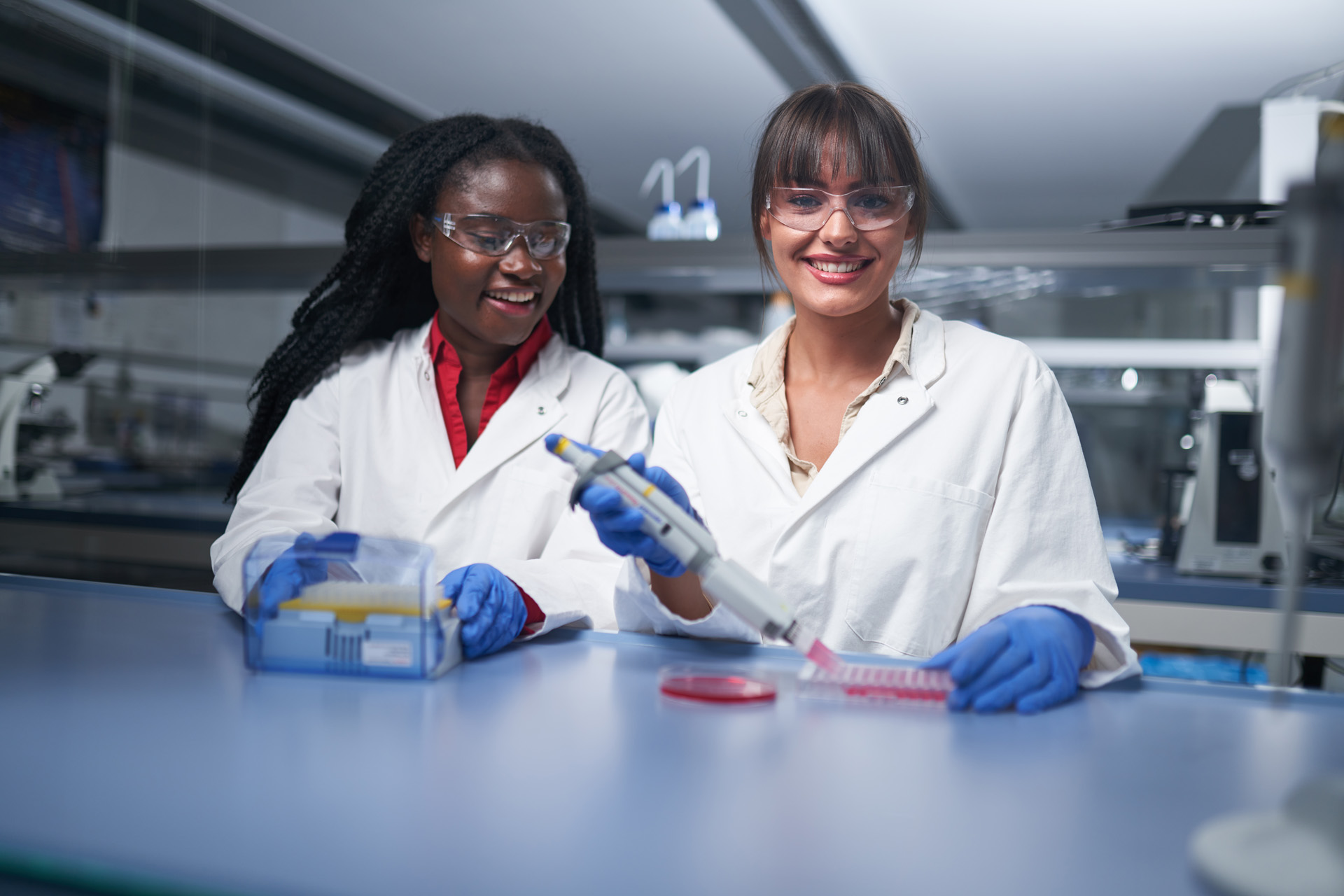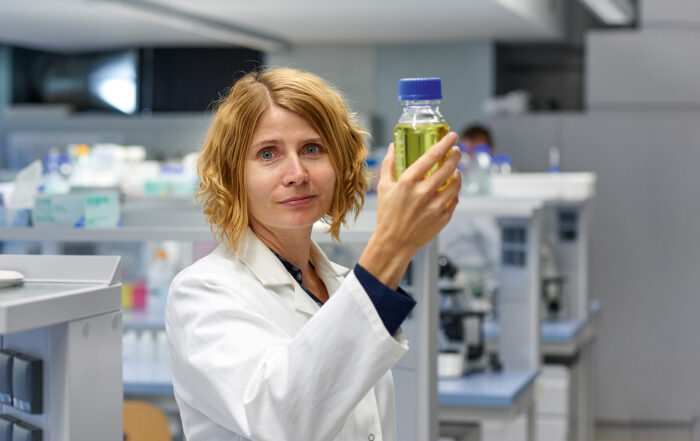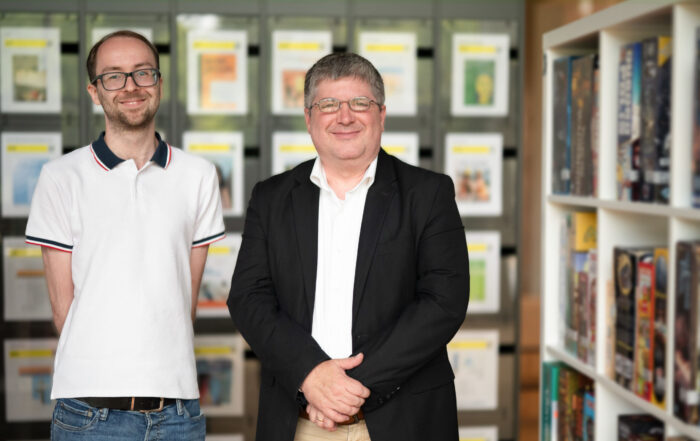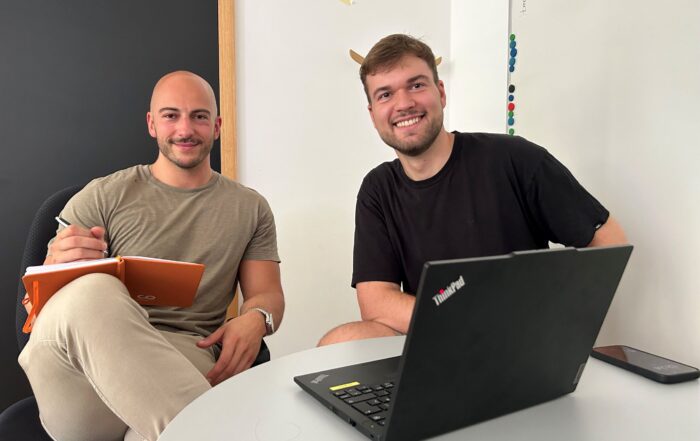1. July '24
Saving the world for a moment – at least a little bit, this could also be a future task for students at Coburg University of Applied Sciences.
Bioanalytics is an important approach to solving the major problems of our time.
Climate change and pandemics, for example, are the subject of new specializations in the Bachelor’s degree course in Bioanalytics at Coburg University of Applied Sciences. Whether food industry, health sector or data science: In the new specializations in Human Biology or Environmental Data Science, students are given the tools to find solutions to current challenges, assures Prof. Dr. Matthias Noll, Head of the Bachelor’s degree course in Bioanalytics at the Faculty of Applied Sciences and Healthat Coburg University of Applied Sciences: “Bioanalytics is one of the major growth sectors internationally and Germany has a strong, historically grown chemical industry and modern companies in biotechnology and environmental technology. There is an urgent need for future-oriented specialists.”
The bioanalytics course is broadly based.
It teaches the evaluation and application of classic chemical analysis methods as well as modern instrumental-analytical, molecular biological and bioinformatic methods.
The course imparts sound biological, physico-chemical and analytical knowledge: for example, how DNA, enzymes, hormones or similar substances are analyzed in complex materials such as saliva, food or cellular systems. Climate savers and quarantine checkers In the Bioanalytics-Human Biology specialization, the focus is increasingly on clinical analysis, forensics, medical microbiology, pharmacology and sequence-based bioinformatics.
Here, experts are trained to secure evidence and combat pandemics.
Environmental Data Science is about environmental chemistry, ecotoxicology, comprehensive bioinformatic data analysis and chemometrics.
This includes being able to read and interpret complex data sets in order to visualize the influences from and on the environment.
A great deal of time is spent working in the laboratory.
“In this way, students put their theoretical knowledge into practice right from the start. They establish contacts with industry and research institutions at an early stage and familiarize themselves with interdisciplinary issues,” explains Noll.
With some companies, there is the possibility of studying with in-depth practical experience and combined studies.
Possible fields of work include the chemical and pharmaceutical industry, clinical medicine and veterinary medicine, the food industry, toxicology, biotechnology, environmental chemistry and environmental technology.
Noll explains: “The existing and increasing challenges such as climate change, the pandemic and alternative energy sources in particular can only be analyzed and evaluated in a well-founded manner with comprehensive scientific expertise. Our graduates have the expertise portfolio to generate tailor-made answers to these challenges.”
Those who want to delve deeper into the subject after completing their Bachelor’s degree have the opportunity to do so on the Master’s degree in Bioanalytics at Coburg University of Applied Sciences. There are even three new specializations here: Ecotoxicology, Bioinformatics and Human Biology. Prof. Dr. Stefan Kalkhof, Head of the Bioanalytics Master’s course: “Our students take part in current research processes and learn to work in project-oriented groups. Each specialization focuses on relevant topics such as pesticide contamination of the environment, metabolic predictions of synthetically produced microorganisms and personalized solutions for currently incurable diseases. They establish contacts with industry and research institutions at an early stage and familiarize themselves with interdisciplinary issues.”






